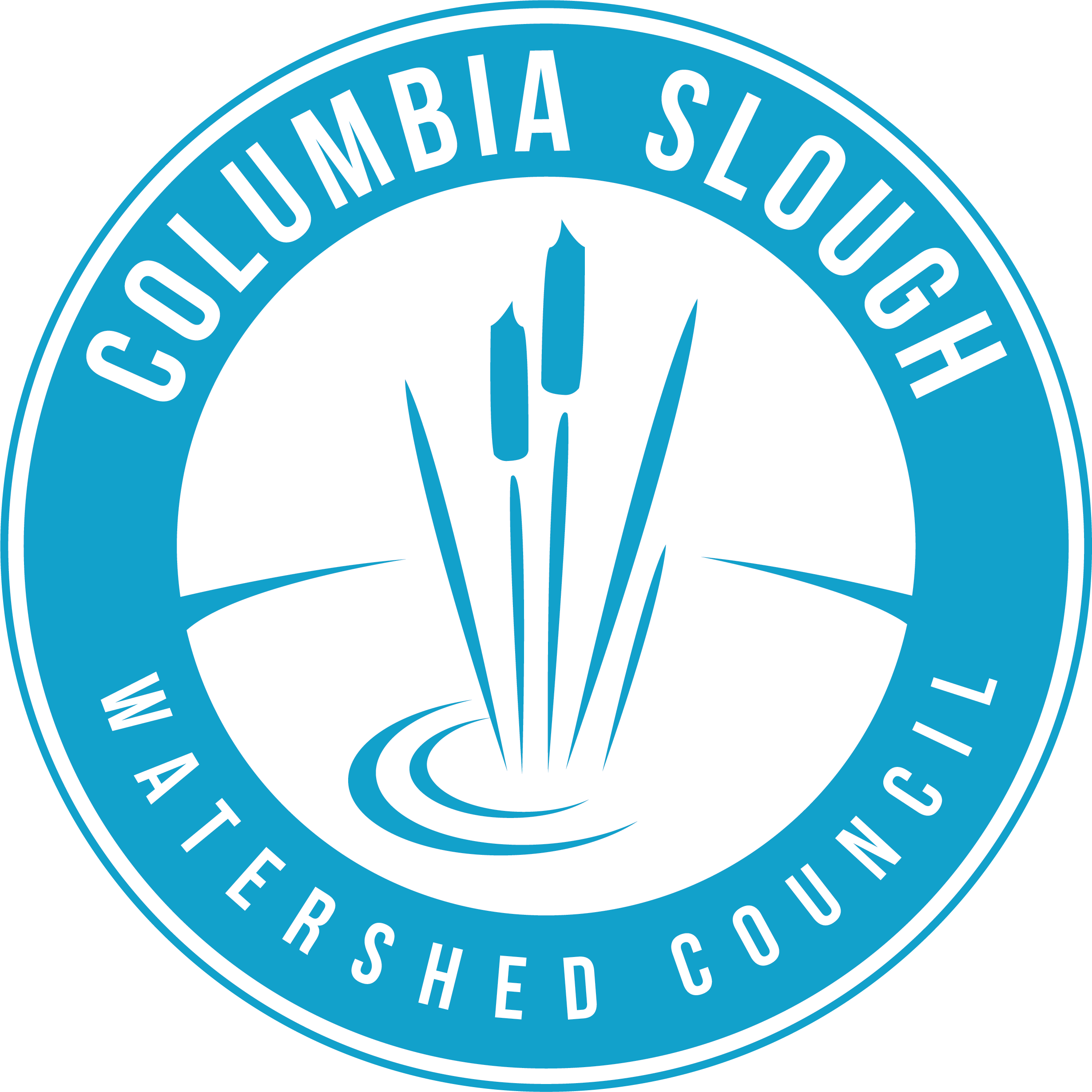Indigenous People’s Day 2020: Opportunities for Recognition, Education and Action
Blog post by Thomas Meinzen, Program Associate
Today—Monday, October 12—we celebrate Indigenous People’s Day. The rich cultures, histories and lives of indigenous people deserve celebration every day. On this day in particular, however, instead of honoring Columbus, a man who colonized, killed, and enslaved indigenous people, we want to recognize instead the outstanding contribution the many indigenous tribes have made and continue to make in our region, and the extraordinary injustices and violence perpetrated against them by the U.S. government and settler colonial society. This history of violence includes forced migration and assimilation, broken treaties, and theft of land, water, and rights. These wrongs have not been rectified and continue to shape our society and indigenous lives today.
We acknowledge that the Slough and the city of Portland rests on land stolen from the original peoples of this area, including the Multnomah, Kathlamet, Clackamas, Cowlitz, Wasco, Bands of Chinook, Tualatin Kalapuya, Molalla, and other tribes who made their homes along the Wimahl (Columbia) and Whilamut (Willamette) Rivers. Long before white colonial settlement, this area was originally populated by many indigenous peoples, who lived in profound, complex, and interdependent relationships with the land and its inhabitants.
Indigenous people are still here, and still connected to this land. Our region’s vibrant and diverse Native communities are 70,000 strong, descended from more than 280 Tribes with at least 18 unique languages. We recognize and extend gratitude and appreciation to our region’s Native community, and acknowledge that we occupy their unceded ancestral homelands.
The name Columbia, given to the river known as Wimahl to the Upper Chinook people, and thus also ascribed to the Slough, our watershed, and our organization, first referenced a fur-trader’s ship. Originally, however, it derives from Columbus, also recognized on this day. Why replace Columbus Day with Indigenous People’s Day—and perhaps, also consider the problematic legacy of Columbia in our own name? As Portland’s Metro government wrote in their unanimous resolution to celebrate Indigenous People’s Day, this change “transforms a celebration of colonialism, conquest, enslavement and genocide into a commitment to…celebrate the enduring traditions, languages, governments and histories of Indigenous People.”
Name changes and land acknowledgements, however, are just a first step. The Covid-19 pandemic, wildfires, the climate crisis, and other issues disproportionately impact indigenous communities, making support for our indigenous communities in 2020 more important than ever. In celebration of Indigenous People’s Day, we’d like to share a few ways to learn more about, celebrate, and support our region’s Native communities.
First, we’d like to highlight the amazing work done by our neighbors at NAYA, the Native American Youth and Family Center. NAYA offers a wide array of comprehensive services and community-based solutions, including lifelong educational opportunities, cultural identity, leadership development, elders support, homes for families, early childhood programs, and paths to financial security based on traditional tribal values. Learn more and support NAYA here.
Consider also expanding your support to other organizations helping Native people in the Northwest. These include:
ONAC, advancing educational and economic opportunities
NICWA, working to eliminate child abuse and neglect,
NARA, providing physical and mental health services and substance abuse treatment.
You can also enjoy and celebrate indigenous film and media with nine virtual events to honor Indigenous People’s Day and more coming up in November, plus several local events in Portland. And if you’re a parent looking to pass some of this education to your kids, consider this list of kid’s books, many of which are available at local bookstores.
We honor the indigenous peoples of the northwest and their contributions to the watershed, community, and our world.


